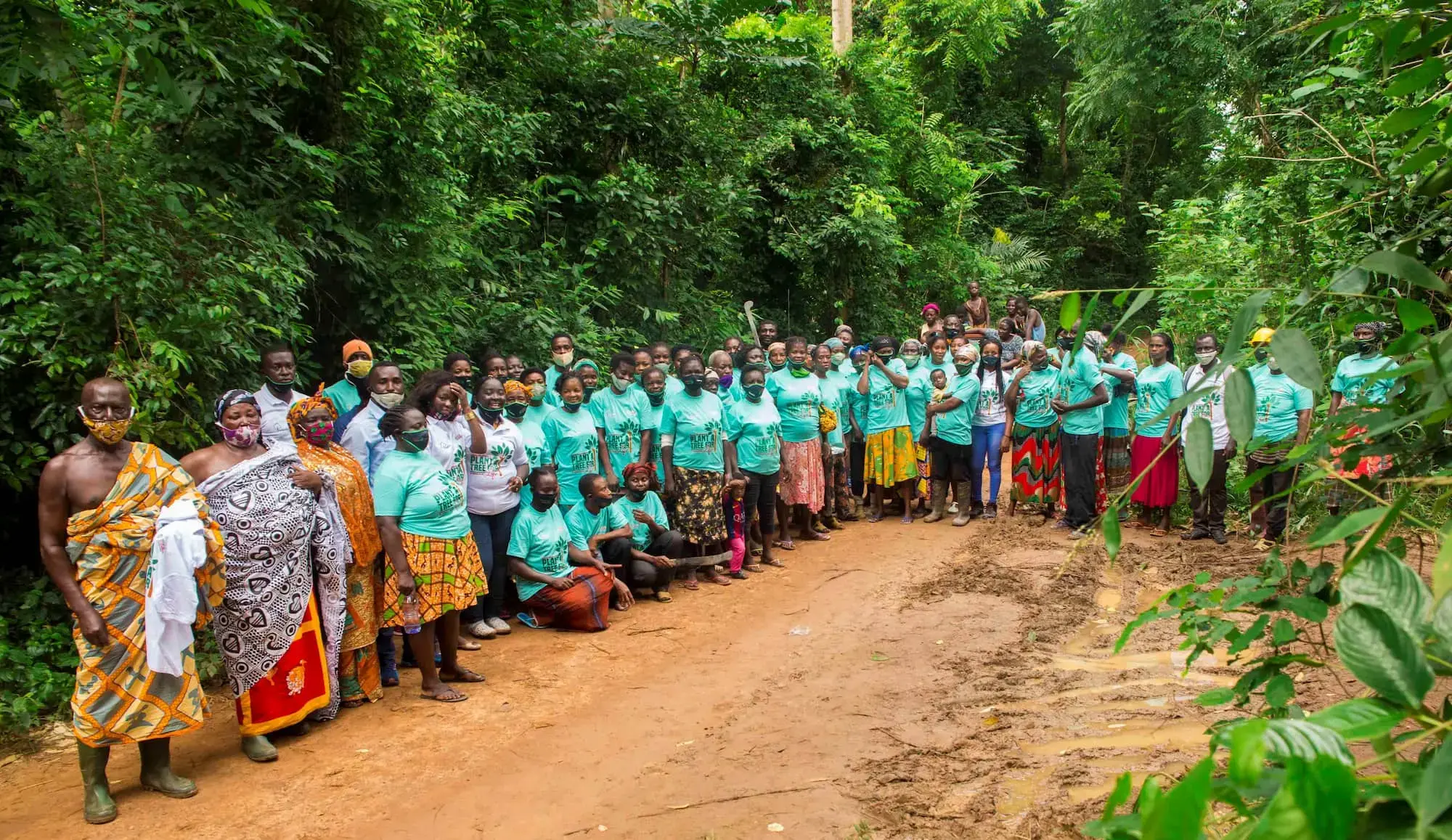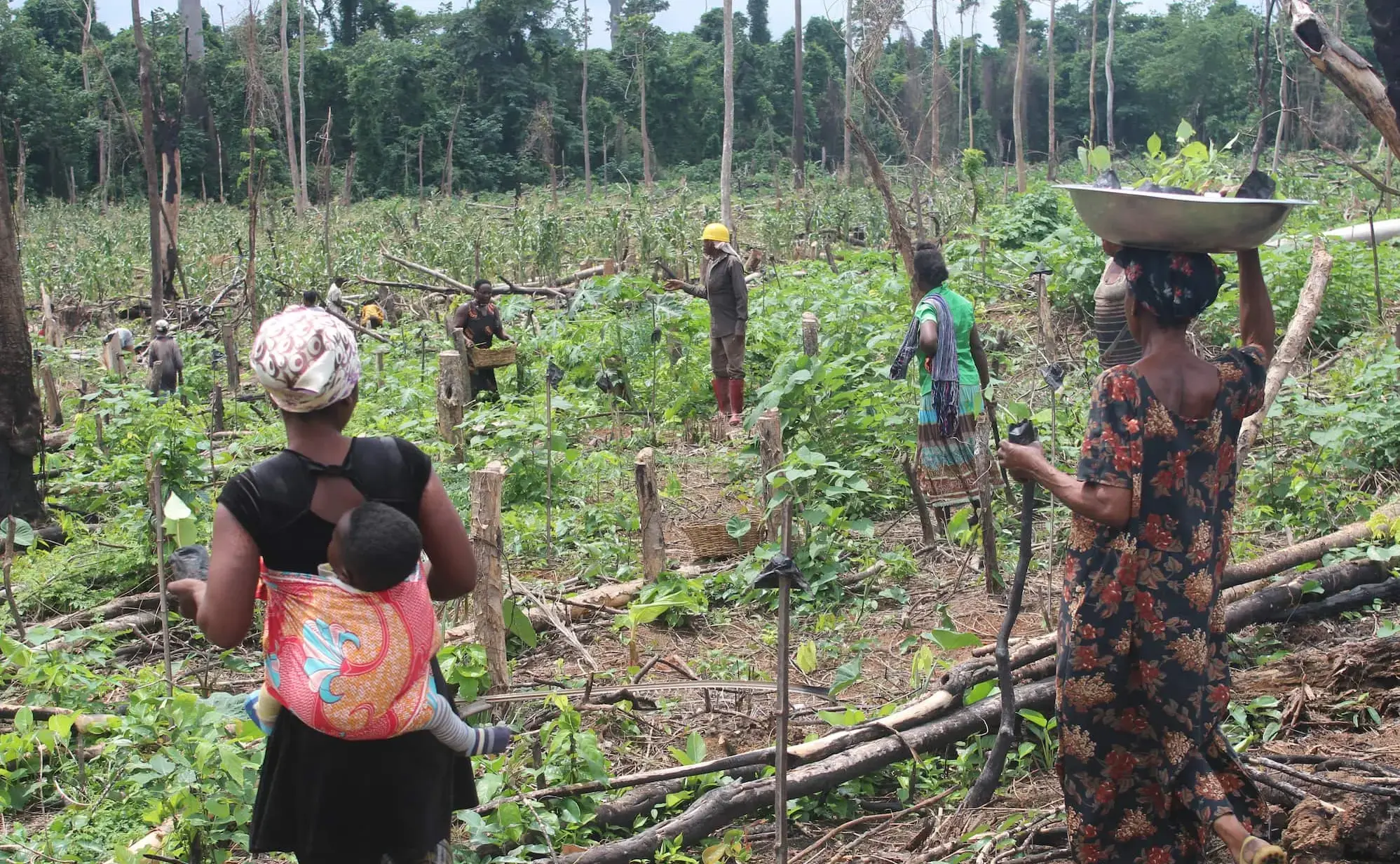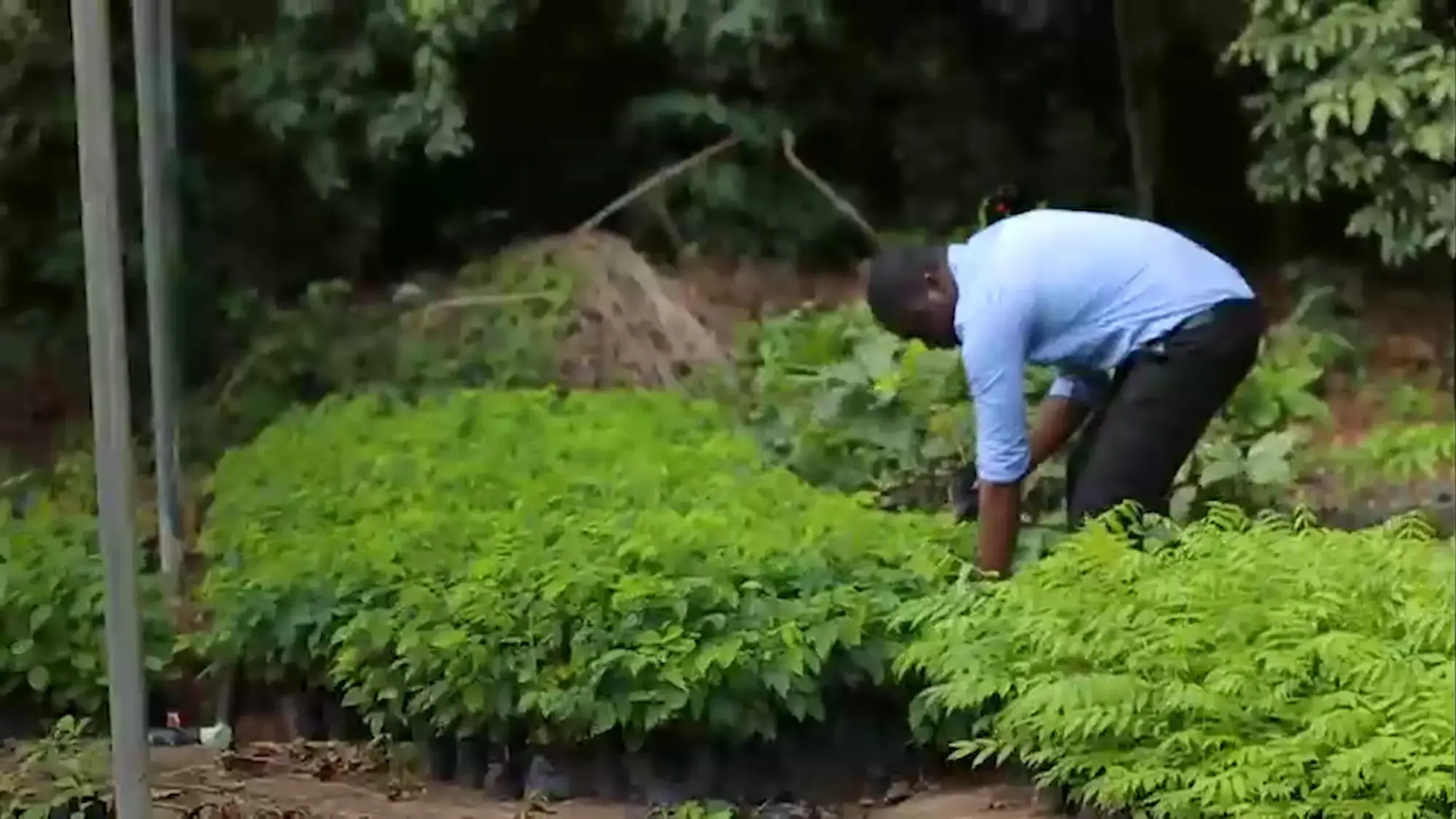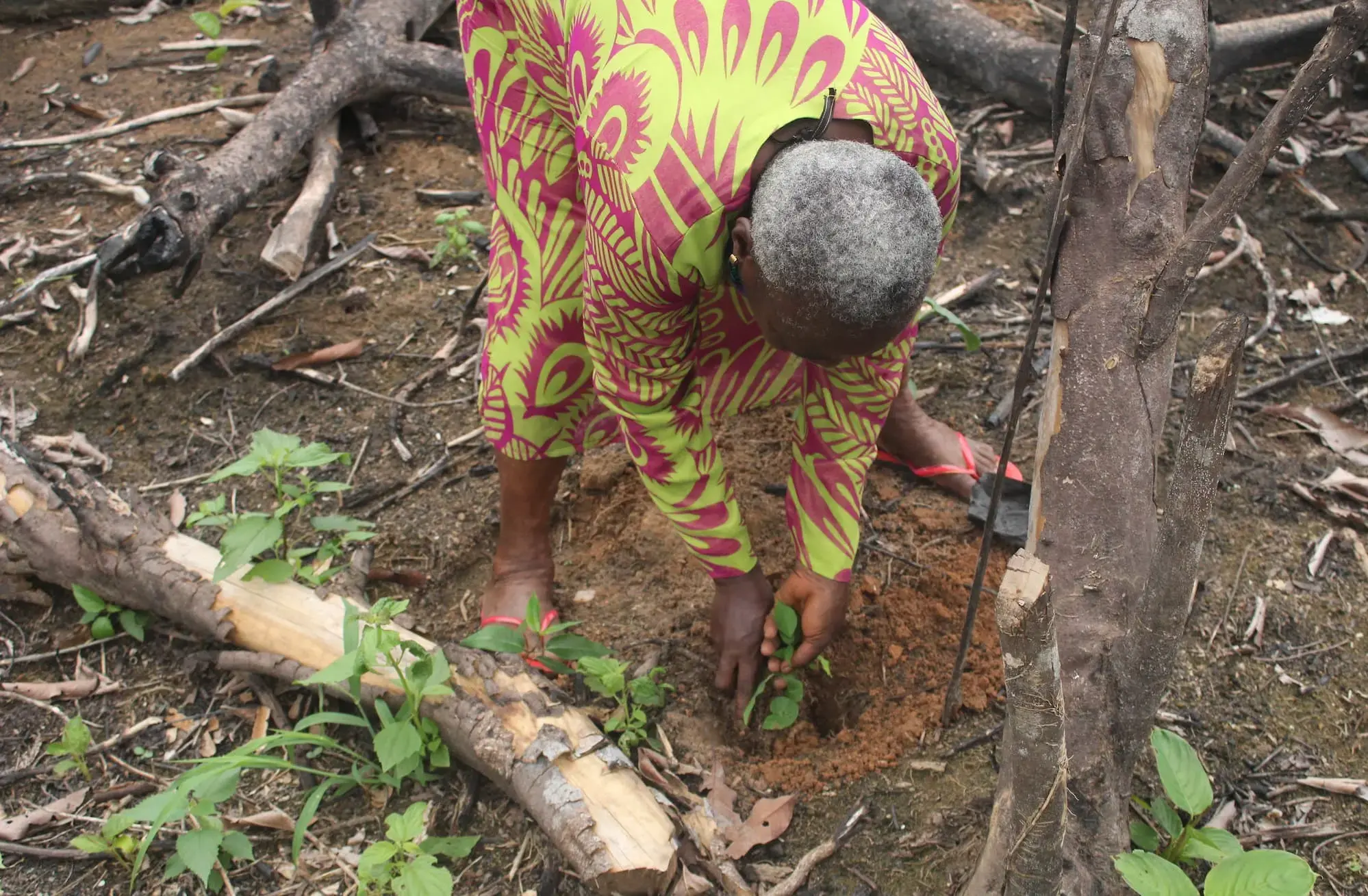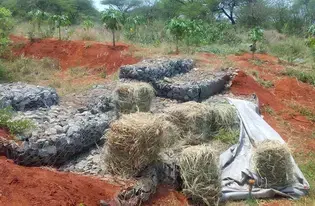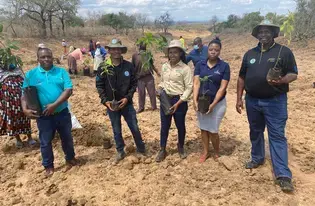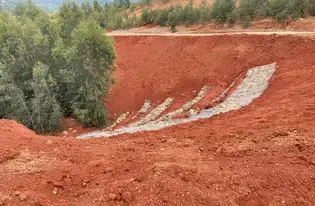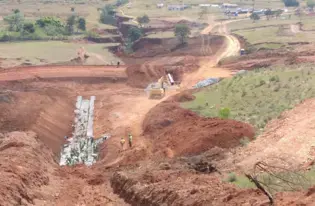Climate shocks are affecting 45,000 Ghanaians annually, with the potential of pushing more than one million Ghanaians into poverty. However, the Institute for Nature and Environmental Conservation has come to the rescue through its restoration work.
Farming in Ghana leads to deforestation and land degradation, posing challenges such as droughts, flooding and pests for farmers. The World Bank Group's latest Country Climate and Development Report (CCDR) for Ghana, revealed that climate shocks affect 45,000 Ghanaians annually, with the potential to push more than one million more into poverty. To counter this, the Institute for Nature and Environmental Conservation (INEC) is working to strengthen people’s relationship with nature to address biodiversity decline and implement interventions.
The Institute for Nature and Environmental Conservation (INEC) is a non-governmental organization established in 2014. Its mission is to protect at-risk species and ecosystems, through sustainable methods, based on scientific evidence and community needs. The organization employs three C’s, conservation, collaboration, and community involvement. INEC partners with other like-minded organizations to restore degraded landscapes and promote agroforestry.
In Ghana, INEC has achieved the creation of organic maize and yam farms in Yeji, Bono Region. These farms provide food security to vulnerable communities while giving women and youth access to land to participate in climate-smart agriculture. Additionally, INEC educates locals, particularly women, on critically endangered species and involves them in natural resource management, eco-friendly economic activities, and climate change solutions.
David Amaning Kwarteng, co-founder and managing director of Institute for Nature and Environmental Conservation, shares his enthusiasm on the project’s approach of making a significant impact.
“Involving the community in the project and fostering their commitment has yielded fruitful outcomes. Farmers were educated on better farming practices, given an opportunity to move away from traditional methods, and are growing new trees to preserve their land,” David shared.
INEC received a grant from Terra Fund for AFR100, an initiative of World Resources Institute, One Tree Planted, and Realize Impact that finances Africa's top restoration enterprises and projects. This grant will enable INEC to raise awareness among farmers to prevent environmental destruction caused by shifting cultivation.
INEC is partnering with Ghana's Forestry Commission, Forestry Division, and Ministry of Agriculture to carry out the project, benefitting around 50 people and raising 150,000 tree seedlings. The organization plans to acquire 300 hectares of land to plant trees under the AFR100 project and take a lead in restoring vulnerable trees in future projects.
Conservation is not just for nature. The community is also a beneficiary of sustainable conservation, and the Institute for Nature and Environmental Conservation is a proof of that.
